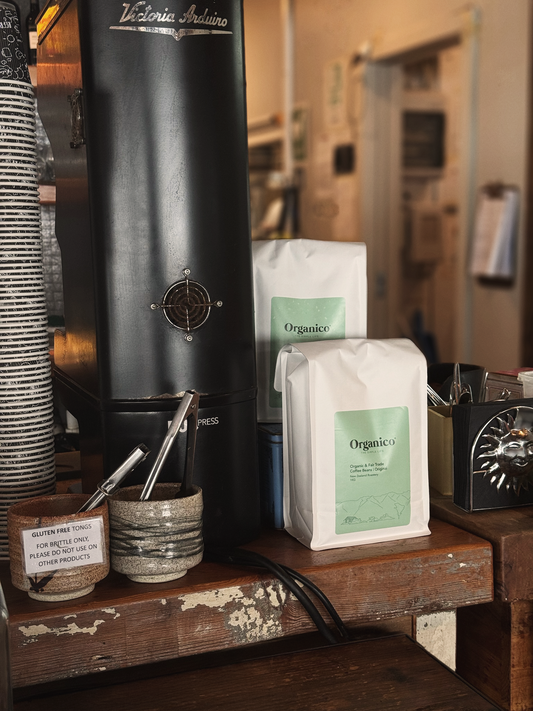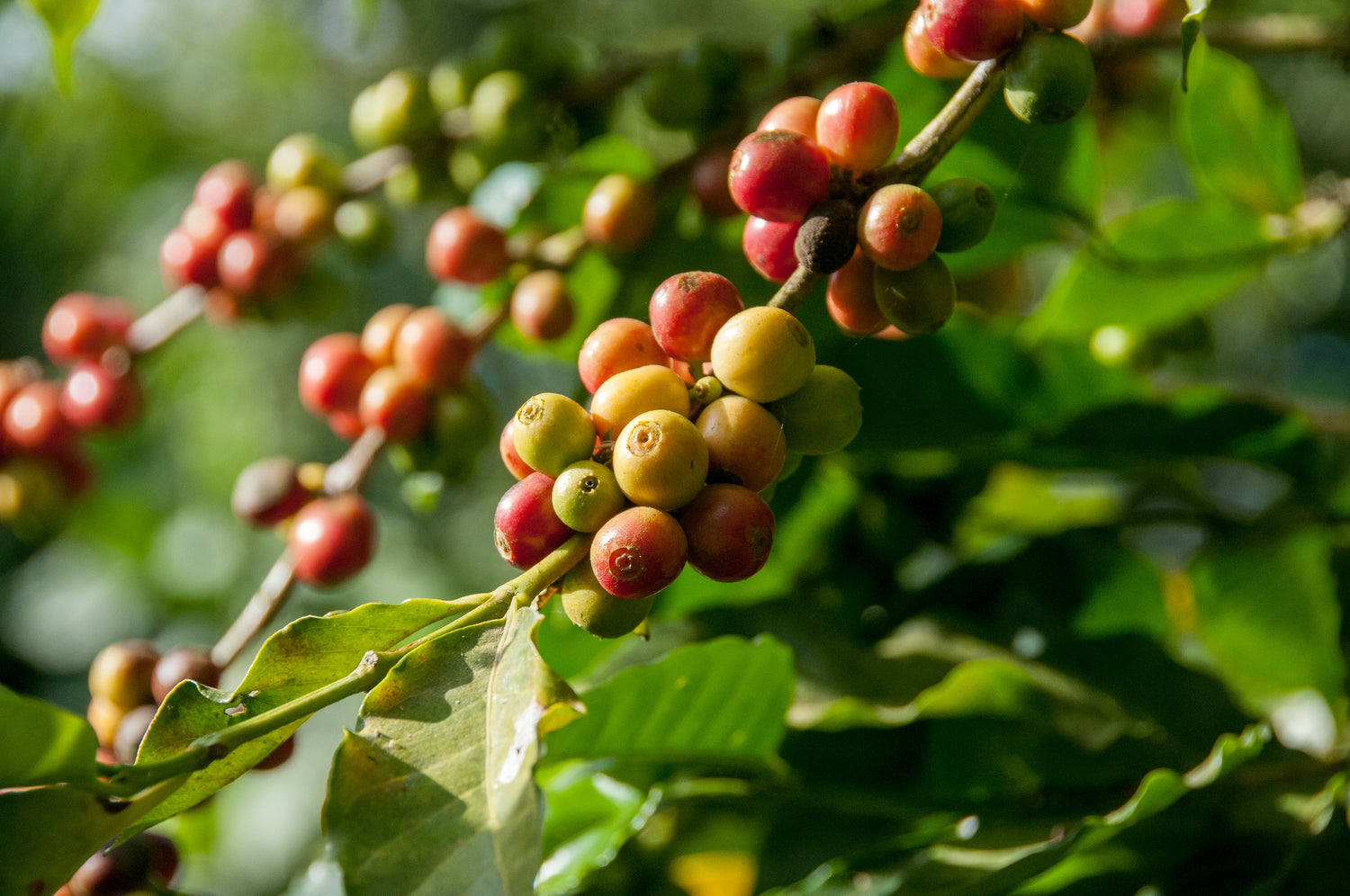Is Organic Coffee Good for You?
In recent years, consumers have paid a lot more attention to buying organic and ensuring their purchases are good for the future of their bodies and the planet. Organic food and drink sales sky-rocketed during lockdown, with the total market reaching nearly 6 billion in February this year. But what exactly are the benefits of going organic for your caffeinated beverages and is organic coffee really good for you?
What does ‘organic’ mean?
For many, the global pandemic forced a re-evaluation of their health and wellbeing, as well as an appreciation of their immediate environment and the impact of humans upon it. In addition, celebrity initiatives and food industry debacles such as the 2013 horse-meat scandal have encouraged people to be more aware of where their food has come from and how it has been produced.
Organic products are not produced using methods that involve man-made fertilisers, pesticides, growth regulators or other artificial additives. The UK’s Department for Agriculture and Rural Affairs describes organic agriculture as, “a systems approach to production that is working towards environmentally, socially and economically sustainable production. Instead, the agricultural systems rely on crop rotation, animal and plant manures, some hand weeding and biological pest control”.
In the long run, organic farming is better for wildlife, biodiversity and soil quality. Not only is it fantastic for wild birds, mammals, plants, bees and other insects, animal rights organisations also recognise it as one of the most animal-friendly farming methods for livestock. To be certified organic, products must be inspected regularly and adhere to strict standards of production and labelling.
The biggest health benefit of switching to organic coffee products is that you reduce the number of pesticides, herbicides and artificial fertilisers you would usually consume in non-organic coffee. UK charity The Pesticide Action Network links pesticide exposure to a number of serious illnesses and diseases, including cancer.
Long term toxicity associated with pesticides found on and in our food, the organisation reports, has been linked to the development of Parkinson’s disease; asthma; depression and anxiety; leukaemia and non-Hodgkin’s lymphoma. Not only are pesticides harmful for you - imagine the effect on the farmers and local communities who grow coffee beans using these chemicals!
Rather than damaging chemicals, organic coffee is high in antioxidants and nutrients such as:
- Pantothenic acid (vitamin B5) - important for many bodily functions including making blood cells. It helps us to use carbohydrates, proteins, and lipids and supports healthy skin.
- Riboflavin (vitamin B2) - essential for the breakdown of fats, proteins and carbohydrates for energy.
- Niacin (vitamin B3) - can help to lower cholesterol, reduce inflammation, support healthy skin and boost brain function
- Potassium - helps muscles to work effectively, reduces blood pressure, and can reduce the risk of stroke.
- Manganese - helpful in small amounts to reduce blood sugar, support bone health and acts as a clotting factor in wound healing.
- Magnesium - a vital mineral for nerve and muscle function, blood pressure regulation and supporting the immune system.
In addition, organic coffee just tastes better! Organic coffee cherries are usually grown at higher altitudes and in shaded, nutrient-rich soil. The lack of pesticides and herbicides mean they take longer to develop, and producers often prefer to harvest by hand to ensure the very best beans are processed. This results in a richer flavour that all discerning coffee connoisseurs will appreciate.
Good for you - good for the planet as well as tasting better and offering more benefits for your health, organic coffee is far kinder to the planet. Coffee growers committed to organic methods work hard to preserve the natural environment, using renewable resources, natural fertilisers such as bird droppings and leaf litter, and natural pest control (birds and animals). Working with nature is the epitome of effective organic farming, and it will ensure sustainable coffee production for many years to come.



